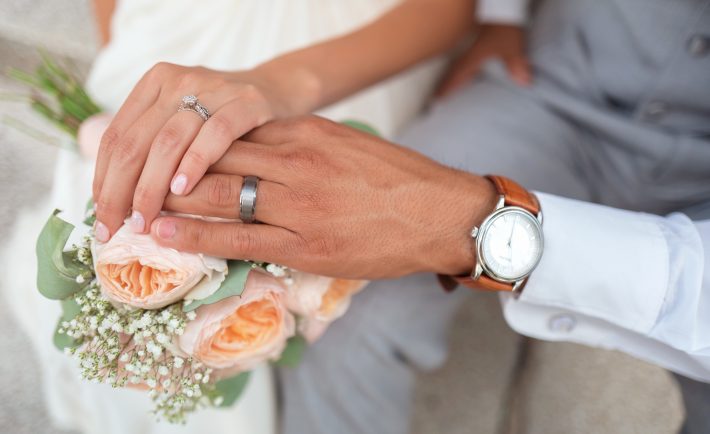
You will be tying the knot with the love of your life, and you’re looking forward to a lifetime of happiness together.
But what happens when your cultural values come into conflict? In an international marriage, cultural differences can often lead to misunderstandings. If you’re not prepared for it, it can quickly tear a relationship apart.
But with a little understanding and patience, you can learn to navigate these dissimilarities and create a strong, lasting marriage. In this article, let’s discuss some common cultural differences in international marriages, as well as tips for how to deal with them.
Defining what culture is
When you marry someone from a different culture, you’re not just marrying them, you’re marrying into their culture too. And that’s a pretty big responsibility.
Culture is more than just the food we eat and the clothes we wear. It’s the way we think and the things we believe in. It’s the way we communicate and the way we interact with others.
When you’re marrying someone from a different culture, it’s important to take the time to learn about their values and their beliefs. Talk to them about their family and their friends. Try to understand how they see the world.
Be open to adapting your own culture to theirs. Be willing to try new things and compromise on certain things. Remember, this is their culture, not yours. You don’t have to agree with everything they believe in, but you should at least be respectful of their beliefs.
Why do cultural differences matter in international marriages?
When two people from distinct cultures get married, there are bound to be some cultural contrasts. These can range from how we view things like family, honor, and affection to how we handle conflict.
While these cultural distinctions can lead to disagreements, somehow it’s what attracts individuals together. But be aware of these differences and learn how to navigate them. This could mean being flexible when it comes to your expectations and try not to take things too personally.
How to communicate about cultural differences with your spouse

Image Credits: unsplash.com
Before entering a union, discuss things like how you both expect to be treated by the other’s family, how you will handle finances, and what your expectations are for the relationship.
It’s also wise to talk about cultural backgrounds and what that means to both parties. By communicating openly and honestly, you will be able to avoid any potential major conflicts down the road.
Developing compromise and respect for each other’s cultural values
What do you need to do to make sure your relationship survives and thrives? Developing mutual respect for each other’s cultural values is a good place to start. You also need to be willing to compromise, which can be tough when it comes to issues like tradition, parenting, and even food.
But if you can find a way to work together, it’s possible to overcome any obstacle that comes your way. And that’s what makes international marriages so special—the ability to learn and grow from each other, no matter what the culture is.
Resources for further help with cultural differences in international marriages

Image Credits: unsplash.com
Avid readers can start with a good book on cross-cultural relationships. There are lots of them out there, and they can provide tons of helpful information.
You can also check out online forums that focus on cross-cultural relationships. These will give you insights from people who have been in your shoes. Finally, don’t forget to reach out to your friends and family members who have experience with international marriages. They can offer valuable real-life advice and support.
If you’re entering an international marriage, it’s important to be aware of the cultural differences between you and your partner and to be willing to work together to overcome any potential conflicts. Cultural disparities can cause a lot of tension in a relationship, but with proper communication, they can be overcome. Be respectful of your partner’s culture and be open to trying new things. Those struggling with cultural dissimilarities in their marriages can also consider counseling or mediation to help them resolve any friction. With some effort, we can all learn to live contently with cultural differences.




